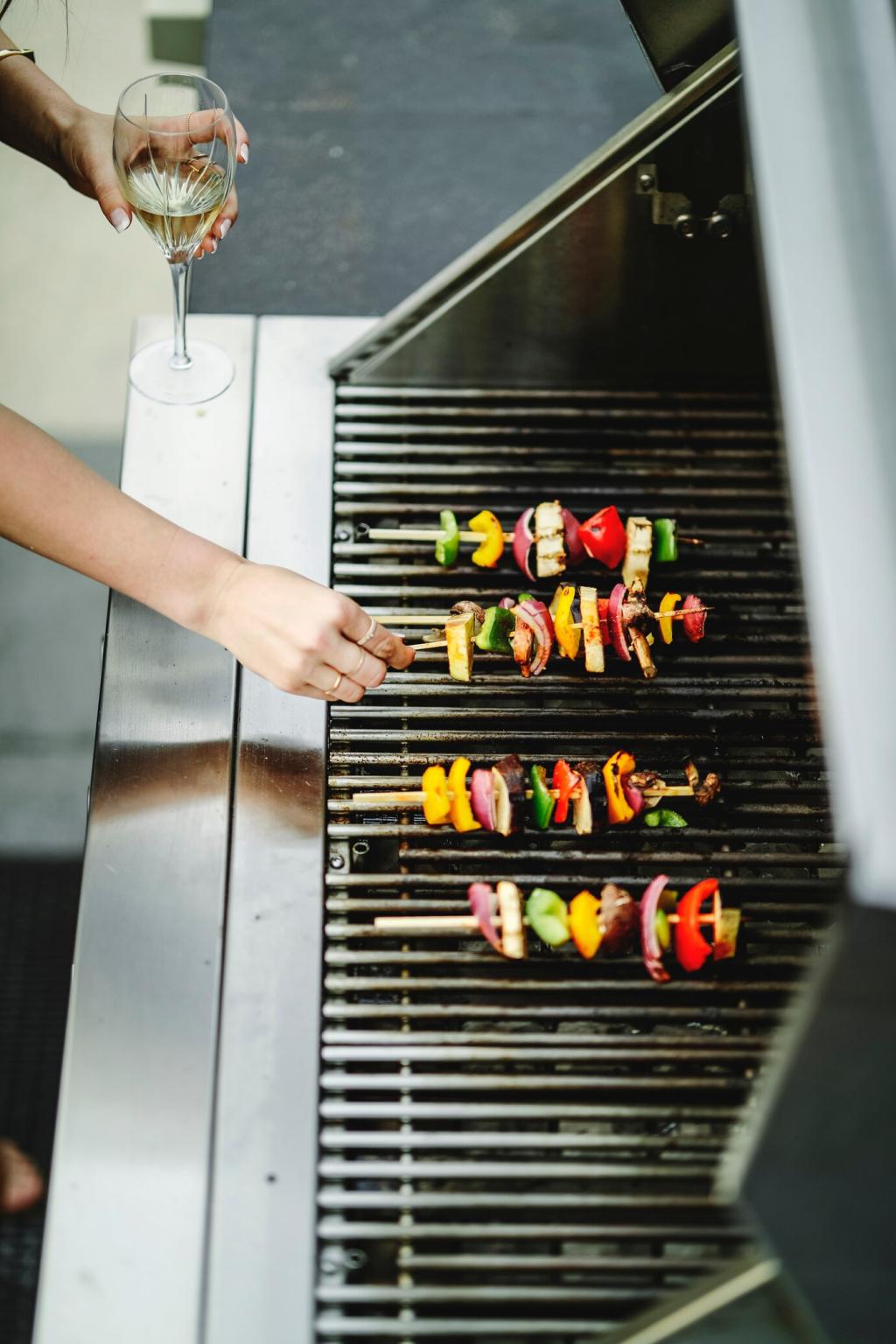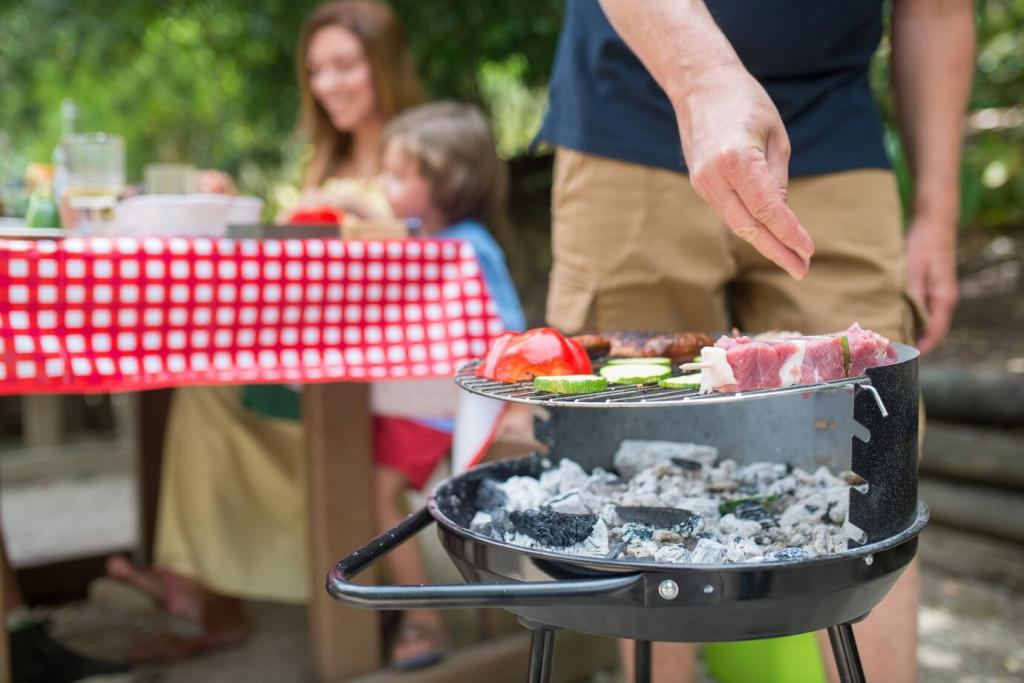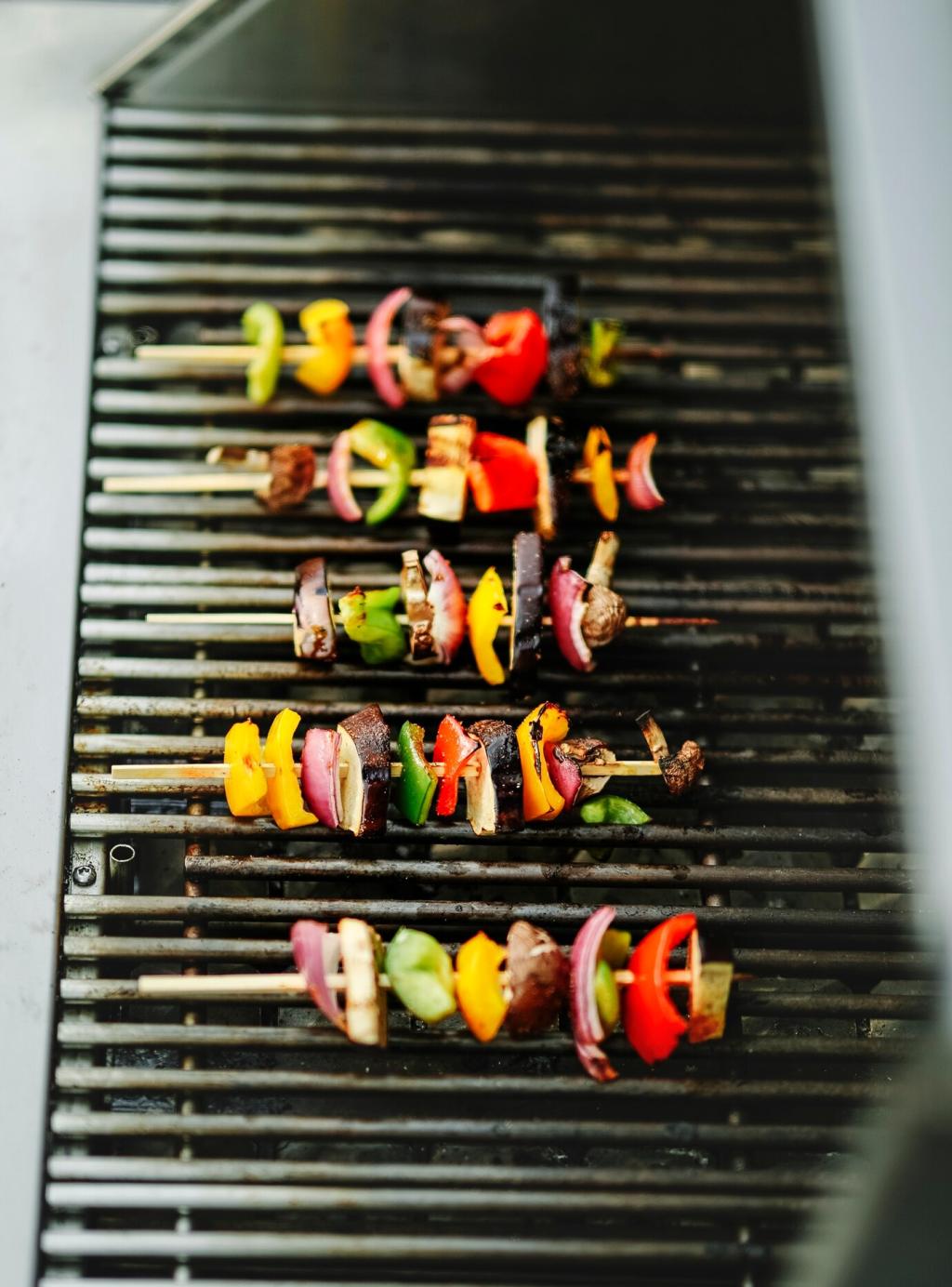Greener Grills: Joyful BBQs With a Smaller Carbon Footprint
Chosen theme: Carbon Footprint Reduction for BBQ Gatherings. Fire up flavor, not emissions. Welcome to a friendly, practical guide that helps you host unforgettable cookouts while cutting waste, smoke, and carbon—without losing the spark that brings everyone together.
Fuel Footprints, Simplified
Charcoal typically carries higher lifecycle emissions than propane, especially when you include production and transport, while electric grills depend on your local grid’s energy mix. Knowing these differences turns guesswork into confident, low-carbon choices.
Ingredients Matter More Than You Think
Food choices often outweigh fuel in climate impact. Beef-heavy menus can spike emissions, while plant-forward plates, seasonal produce, and responsible poultry or fish significantly lower your BBQ’s overall footprint without sacrificing flavor.
A Friendly, Five-Minute Audit
Before guests arrive, note your fuel type, expected cooking time, menu selections, and how people plan to travel. This tiny planning ritual uncovers quick wins that reduce carbon, cost, and stress all at once.
Smarter Fuels and Fire Techniques
Propane, Electric, or Pellets?
Propane often burns cleaner than charcoal, electric reflects your region’s electricity sources, and responsibly sourced wood pellets can be a balanced option. Pick what fits your context, then focus on efficient, steady heat.
Better Charcoal, Better Outcomes
If charcoal is your tradition, look for natural lump charcoal or briquettes made from coconut shells or agricultural byproducts. Skip lighter fluid and start with a chimney to cut fumes and unnecessary emissions.
Master Airflow and Lids
Good airflow and lid use improve combustion, reduce smoke, and shorten cooking time. By managing vents and temperature zones, you use less fuel, protect flavors, and keep your guests comfortable and happy.
Grilled portobellos, marinated tofu, hearty bean patties, and skewers of halloumi or seitan deliver satisfying texture and deep, smoky character. Swapping even one beef entrée for these options can dramatically shrink your event’s footprint.

Ditch Disposables Without Losing Convenience
Opt for reusable plates, cups, and metal cutlery, plus durable metal skewers. A quick rinse station and labeled bins for recycling and compost make clean-up painless and dramatically cut single-use plastic waste.
Smart Cooler Strategies
Chill drinks in advance, use well-insulated coolers, and group items by temperature needs to minimize ice waste. Let melted ice help with rinsing utensils or cooling grill tools instead of going straight down the drain.
Ash Disposal, Safely Done
Allow ashes to cool completely in a closed metal container. Only clean ash from untreated wood may be used sparingly in the garden; briquette ash with additives belongs in the trash following local guidance.

Measure, Celebrate, and Share Your Wins
A Tiny Tracking Toolkit
Record estimated fuel used, key menu swaps, and guest travel choices. After the party, compare your notes with the last cookout to see what worked and where to stretch further next time.
Reduce First, Offset Second
Focus on cutting emissions directly, then consider small, reputable offsets for what remains. Support local tree planting, habitat restoration, or community energy projects that you can visit and trust.
Tell the Story, Grow the Movement
Share photos, recipes, and your best low-carbon hacks in the comments. Ask readers to subscribe for seasonal checklists and fuel guides, and trade tips to help each cookout become greener than the last.

Safety, Comfort, and Community Care
Fire Safety That Saves Fuel
Keep a lid and spray bottle handy, use a thermometer to avoid overcooking, and create heat zones for efficiency. Less flare-up means fewer wasted ingredients and happier neighbors breathing easier.
Smoke-Savvy Etiquette
Choose low-smoke fuels, trim excess fat to cut flare-ups, and consider wind direction before lighting. A quick heads-up to neighbors turns potential complaints into camaraderie and keeps the evening peaceful.
Plan for Every Guest
Offer tasty vegetarian, vegan, and gluten-free options so no one feels sidelined. Invite guests to RSVP with dietary needs, reducing overbuying, preventing waste, and making hospitality feel truly inclusive.
